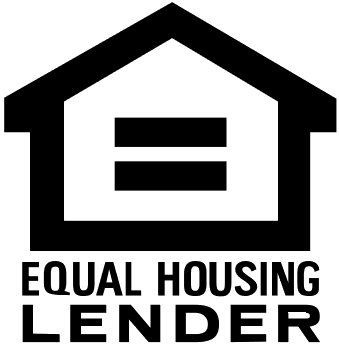
Choosing the right mortgage option can be overwhelming— how do you know which loan is right for you? Your mortgage broker will help you weigh your options and walk you through the different types of mortgage loans, including the difference between fixed rate vs adjustable rate mortgages.
A fixed rate mortgage has a set interest rate that remains the same throughout the life of the loan, regardless of the fluctuations in the market. So if market values rise, you will not have to pay additional interest on your loan, but on the flip side, you will not benefit from lower interest payments if market values fall.
Fixed rate mortgages offer various term options for your loan— a 15-year or a 30-year fixed rate loan are some of the most common loan options available. If you apply and are approved for a fixed rate mortgage, your broker will provide you with an amortization schedule, which is an outline of the monthly payments that you will make on the lifespan of your loan. This schedule will show how much of your monthly payment will go toward paying the principal (the original loan amount) and how much will go toward the interest on your loan.
For fixed-rate mortgages, the first few years of monthly payments will go toward paying down the interest on the loan, and a smaller portion will cover the principal. As time goes on and you pay down the interest on the loan, you will pay more toward the principal.
A fixed rate mortgage is the most popular type of home-financing option in the United States. The predictable monthly payments allow homeowners to create long-term, dependable budgets. However, qualifying for these types of loans can be difficult with increased market rates and monthly payments being set higher.
While the interest in a fixed rate mortgage is set throughout the life of the loan, the interest rates on an adjustable rate mortgage (ARM) can fluctuate as market rates change. These shifts occur periodically throughout the lifespan of your loan.
An ARM is often considered a more risky option than a fixed rate mortgage because homeowners cannot predict their long-term monthly payments. However, some homeowners take advantage of the initial low-interest rates of an ARM and are able to create flexible budgets to account for their mortgage payment fluctuations.
Additionally, the fixed-rate term on an ARM is typically between 1-7 years, making these loans ideal for homebuyers who do not plan to live on that property long enough for their monthly payments to increase significantly. For example, if you take out a 10-year ARM with a 4% interest rate, you will save significantly on interest payments if you move before the 10 years have passed.
Overall, when it comes to deciding between a fixed vs adjustable rate mortgage there is no right or wrong answer. It all depends on your situation and your home financing goals. However, if you still aren't sure which mortgage options best align with you and your family, reach out to a professional expert for help. So you can feel confident in your final decision.
As you explore your mortgage options, CPF Mortgage can help you choose the right loan for you. Christopher Paul Financial LLC (CPF) is a family-owned and operated mortgage company that provides expert home-financing support and devoted customer service.
Contact us today and their dedicated team of brokers will help you decide which of these mortgage options is the right one for you.
